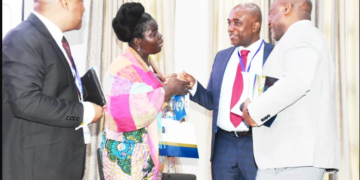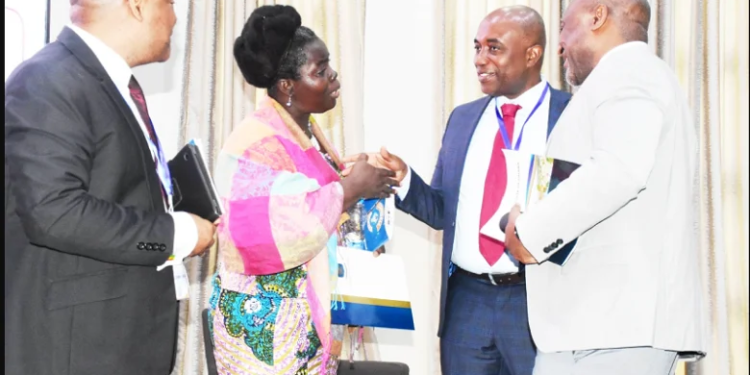The 2022 Global Cancer Statistics (GLOBOCAN) report discloses that Ghana is facing an alarming surge in cancer-related diseases, with at least 27,385 new cases recorded annually.
Tragically, 17,944 lives are lost each year, with the five-year prevalence rate climbing to 63,764 cases.
The Acting Programmes Manager on Non-Communicable Diseases at the Ghana Health Service, Dr. Efua Commeh, expressed concern over the rising incidence, particularly among women, who are disproportionately affected.
“Breast cancers lead among females, followed by liver cancer in terms of numbers, but when it comes to deaths, cervical cancers are also high,” she revealed.
For men, liver cancer takes the lead in both incidence and mortality. Dr. Commeh stressed that the limited research on cancer in Ghana, coupled with poor public awareness, myths, misconceptions, and the prohibitive cost of treatment, contribute to late diagnosis and preventable deaths.
Dr. Commeh also highlighted the financial burden on cancer patients, pointing out that despite coverage claims under the National Health Insurance Scheme (NHIS), many are forced to bear significant out-of-pocket expenses. “It’s crucial that we look at the practicalities of care and ensure people can afford the cost.
How good is it that we diagnose someone, and the shock of having a terminal illness ends up killing them faster than the disease itself?” she lamented, calling for more investment in affordable and comprehensive cancer treatment.
The call for action resonated throughout the opening of the Fifth Biennial Scientific Conference at the University of Ghana.
The Pro-Vice Chancellor, Professor Gordon Awandare, emphasized the urgent need for enhanced cancer research, urging the government to implement the new research and innovation law for adequate funding.
Prof. Alfred Edwin Yawson, Provost of the College of Health Sciences, affirmed the College’s commitment to advancing health education, research, and service, crucial to tackling both national and global health challenges.

































